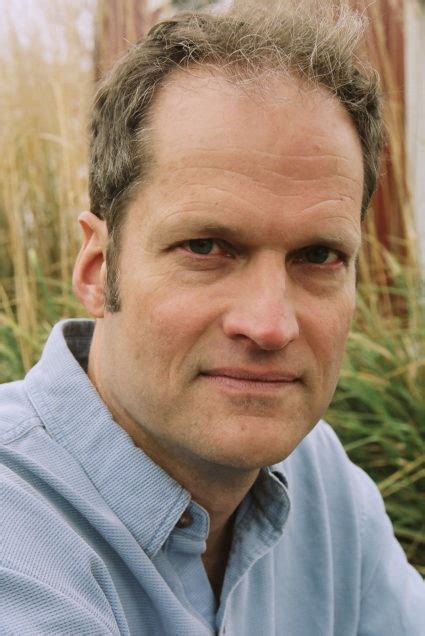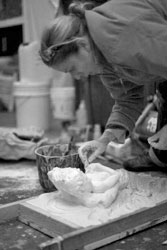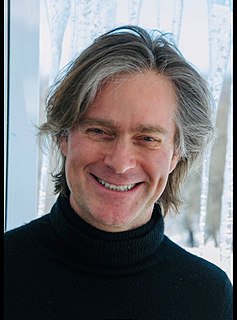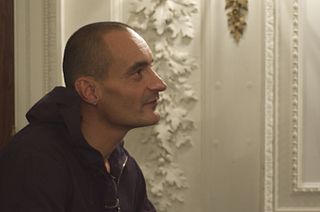A Quote by Greg Koukl
When we encounter new details of our world we fill in more of the spaces. When we discover details that don't seem to fit with our view of the world, we have a kind of "crisis of faith," even if our worldview is not especially religious. We're forced to redraw our "map" a bit.
Related Quotes
For the 99 percent of the time we've been on Earth, we were hunter and gatherers, our lives dependent on knowing the fine, small details of our world. Deep inside, we still have a longing to be reconnected with the nature that shaped our imagination, our language, our song and dance, our sense of the divine.
Why should we be willing to go by faith? We do all things in this world by faith in the word of others. By faith only we know our position in the world, our circumstances, our rights and privileges, our fortunes, our parents, our brothers and sisters, our age, our mortality. Why should Religion be an exception?
The systems of stereotypes may be the core of our personal tradition, the defenses of our position in society. They are an ordered more or less consistent picture of the world, to which our habits, our tastes, our capacities, our comforts and our hopes have adjusted themselves. They may not be a complete picture of the world, but they are a picture of a possible world to which we are adapted. In that world, people and things have their well-known places, and do certain expected things. We feel at home there. We fit in. We are members.
Think about how many of us have wondered why we don't fit, why our faith doesn't stabilize us, why we seem so out of sync with most of the world. Genuine faith is the isolating force in our lives that creates tension wherever we go. To put it another way, faith is the unbalancing force in our lives that is the fruit of God's disturbing presence.
Faith in the gospel restructures our motivations, our self-understanding, our identity, and our view of the world. Behavioral compliance to rules without heart-change will be superficial and fleeting… We can only change permanently as we take the gospel more deeply into our understanding and into our hearts. We must feed on the gospel, as it were, digesting it and making it part of ourselves. That is how we grow.
From the moment we are born, the world tends to have a box already built for us to fit inside. Our umbilical cord never seems to be severed; we only find new needs to fill. If we disconnected and severed our attachments, would we shatter our confinements and expand beyond our shell? Would the world look different? Would we recognize ourselves? Are we the box that we are inside, and to be authentically 'un-contained' would we still be able to exist? This is the irony of containment. As long as we don't push on the walls of our surroundings, we may never know how strong we really are.
Our present ecological crisis, the biggest single practical threat to our human existence in the middle to long term, has, religious people would say, a great deal to do with our failure to think of the world as existing in relation to the mystery of God, not just as a huge warehouse of stuff to be used for our convenience.
The greatest crisis of our lives is neither economic, intellectual, nor even what we usually call religious. It is a crisis of imagination. We get stuck on our paths because we are unable to reimagine our lives differently from what they are right now. We hold on desperately to the status quo, afraid that if we let go, we will be swept away by the torrential undercurrents of our emptiness.
I would almost say that in our solo activities there is an overarching line of thought that is Porter Ricks itself. Our solo work delivers the details. So occasionally we have to go back to our corners and study and research these details to be able to bring it back into the Porter Ricks project, and into the dialogue.
A new world is not made simply by trying to forget the old. A new world is made with a new spirit, with new values. Our world may have begun that way, but today it is caricature. Our world is a world of things. What we dread most, in the face of the impending debacle, is that we shall be obliged to give up our gewgaws, our gadgets, all the little comforts that have made us so uncomfortable. We are not peaceful souls; we are smug, timid, queasy and quaky.



































